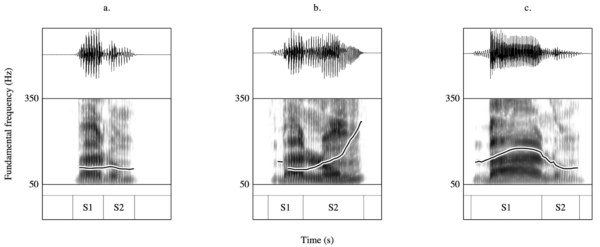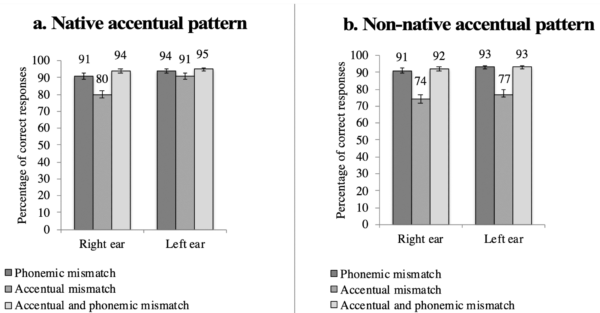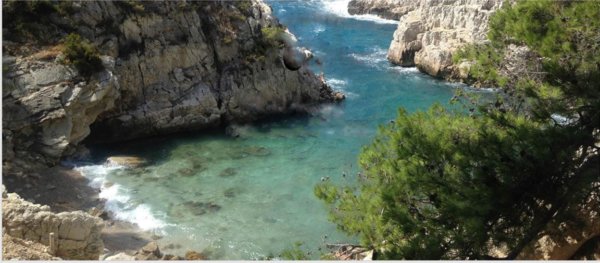|
Dear members of the ILCB,
Just a quick word to wish all of you a relaxing and well-deserved summer break. We all worked hard, despite the circumstances, and I wish to thank you once again for the countless hours you spent on keeping the ILCB spinning.
A few days ago, we held our yearly development council of the ILCB’s Cognitive Science Master program (MasCo) and I have a special thought for all of you who invested so much time and energy to develop and entertain this beautiful interdisciplinary training program. You have done an amazing job! It hasn’t always been easy, but I am convinced it is worth the effort!
Wishing you a great summer and looking forward to seeing you back at the ILCB summer school!
Best wishes,
Johannes |
| |
|
"Research is addictive – addictive because you find out what you didn’t know and what you may never even have imagined." |
|
Sir Michael Rutter, Professor of Developmental Psychopathology,
King's College London, regarded as the ‘father of Child Psychiatry'. |
|
|
| |
|
When a native contrast is perceived as non-native |
|
Accentual variation at the word level refers to various ways of pronouncing the same lexical item (Figure A). This kind of variation does not have a contrastive role in French, so it should be processed non-linguistically by native French listeners. This hypothesis was tested in an ABX task by manipulating the ear of presentation, where native (/balɔ̃/ - /baˈlɔ̃/) and non-native (/ˈbalɔ̃/ - /baˈlɔ̃/) accentual pattern were tested.


(A) Phonemic and prosodic profile for the word /balɔ̃/ (“ball”) produced by a male voice (a) in its unaccented version /balɔ̃/, (b) with primary accent on its second syllable /baˈlɔ̃/, and (c) with primary accent on its first syllable /ˈbalɔ̃/. (B) Percentage of correct responses as a function of the ear of presentation, the type of mismatch, and the type of accentual pattern; (a) the native accentual pattern “unaccented /balɔ̃/ - accented 2nd syllable /baˈlɔ̃/” and (b) non-native accentual pattern “accented 1st syllable /ˈbalɔ̃/ - accented 2nd syllable /baˈlɔ̃/”. Error bars represent standard error.
The stimuli A and B varied either in accent (e.g., /ˈbalɔ̃/-/baˈlɔ̃/), in one phoneme (e.g., /baˈlo/-/baˈlɔ̃/), or both in accent and in one phoneme (/ˈbalo/-/baˈlɔ̃/). The native pattern resulted in similar performance with accentual and phonemic differences when stimuli were presented in the left ear, but worst performance with accentual differences than phonemic differences when stimuli were presented in the right ear (Figure B-a). The non-native pattern resulted in persistent difficulty, regardless of the ear of presentation, with worst performance with accentual differences than phonemic differences (Figure B-b).
These results suggest that a native contrast is processed as a non-native contrast when the stimuli were presented to the right ear, and thus when the processing was pushed into the left hemisphere. They also show that, for French native listeners, a non-native accentual contrast never reaches the performance of a native contrast, regardless of the cerebral hemisphere that primarily processes this information. More generally, the study reveals that a right-hemisphere advantage is observed in the processing accentual variation at the word level, and thus that this kind of information is processed as non-linguistic variation.
Journal of Cognitive Psychology, Volume 33, 2021 - Issue 2
|
| |
|
Corinne Fredouille, professor at Avignon University |
|
Dr. Corinne Fredouille is affiliated to the LIA, Laboratoire d’Informatique d’Avignon. She has worked for over fifteen years on the objective assessment of voice and speech disorders in collaboration with the LPL, Laboratoire Parole et Langage, and other national academic and clinical partners.… |
|
|
|
|
| |
|
The measurement, evolution, and neural representation of action grammars of human behavior |
|
Dietrich Stout, Thierry Chaminade, Jan Apel, Ali Shafti, & A. Aldo Faisal |
|
|
|
|
Corpus callosum morphology across the lifespan in baboons (Papio anubis): A cross-sectional study of relative mid-sagittal surface area and thickness |
|
René Westerhausen & Adrien Meguerditchian |
|
|
|
|
Neural processing of vision and language in kindergarten is associated with prereading skills and predicts future literacy |
|
Johanna Liebig, Eva Froehlich, Teresa Sylvester, Mario Braun, Hauke R. Heekeren, Johannes C. Ziegler, Arthur M. Jacobs |
|
|
|
|
Altered Inhibitory Mechanisms in Parkinson’s Disease: Evidence From Lexical Decision and Simple Reaction Time Tasks |
|
Alban Letanneux, Jean-Luc Velay, François Viallet, & Serge Pinto |
|
|
|
|
Letter and word identification in the fovea and parafovea |
|
Michele Scaltritti, Jonathan Grainger, & Stéphane Dufau |
|
|
|
|
Cerebellar and Cortical Correlates of Internal and External Speech Error Monitoring |
|
Elin Runnqvist, Valérie Chanoine, Kristof Strijkers, Chotiga Pattamadilok, Mireille Bonnard, Bruno Nazarian, Julien Sein, Jean-Luc Anton, Lydia Dorokhova, Pascal Belin, & F.-Xavier Alario |
|
|
|
| |
|
Oh Flup: Developing a sense of what makes a word taboo
Birgit Rauchbauer (LPL & ILCB), Amie Fairs (LPL), Laurel Brehm (MPI, Nijmehen, NL) & Christina Bergmann (MPI, Nijmehen, NL)
|
| |
|
4th Edition of the ILCB Summer School |
|
The 4th Edition of the ILCB Summer School will take place from August 30th to September 3rd, 2021. It will offer Introductory and Advanced Classes in four core fields of cognitive science, reflecting the expertise of the Institute:
• Applied mathematics, statistics and networks,
• Neuroscience and behavior
• Language and cognition,
• Computer science and machine learning.
Keynotes and social events complete this week of immersion.

The ILCB Summer School is organized by Christian-George Bénar, Philippe Blache, Nadéra Bureau, Caroline Chaux, Valentin Emiya, Marien Gouyon, Adrien Meguerditchian, Caterina Petrone, and Arnaud Rey.
Keep an eye on the ILCB and CIRM websites for developing details.
|
|
|
| |
ILCB is affiliated to Aix-Marseille Université, CNRS, INSERM, and Université d'Avignon
5 avenue Pasteur 13604 Aix-en-Provence Cedex 1 B.P. 80975 +33 (0)4 13 55 36 31
Copyright © ILCB 2021
| |
|